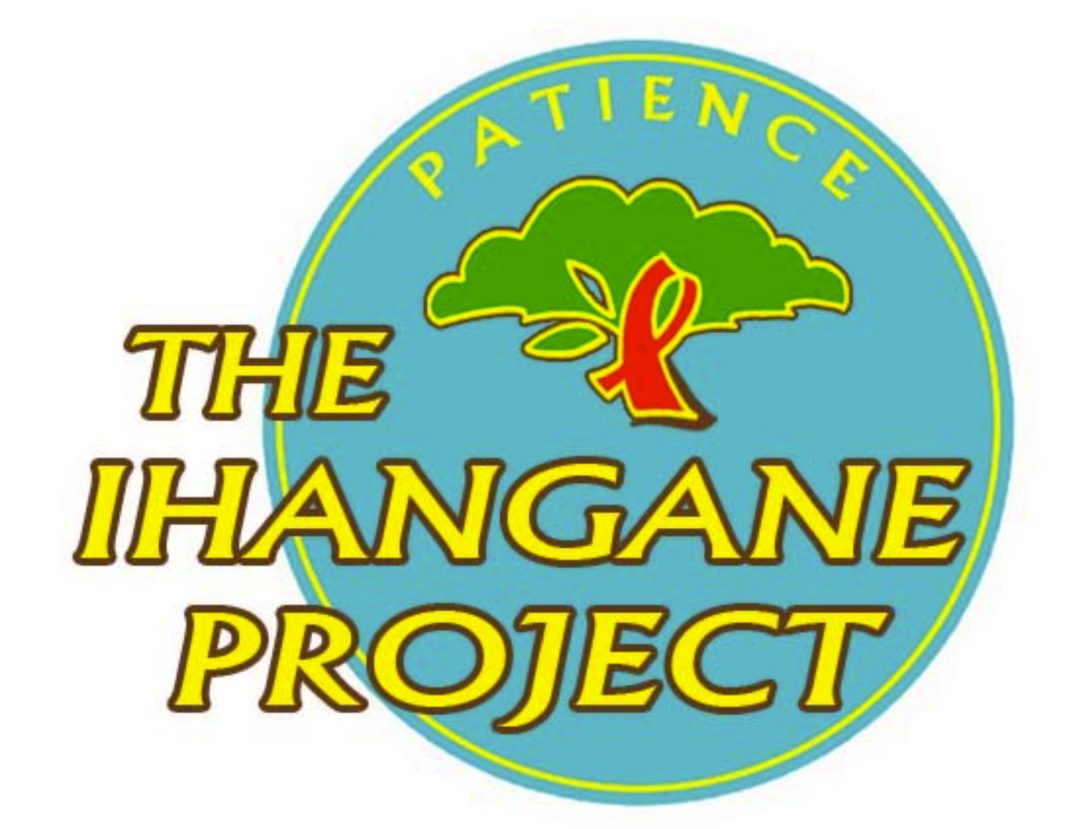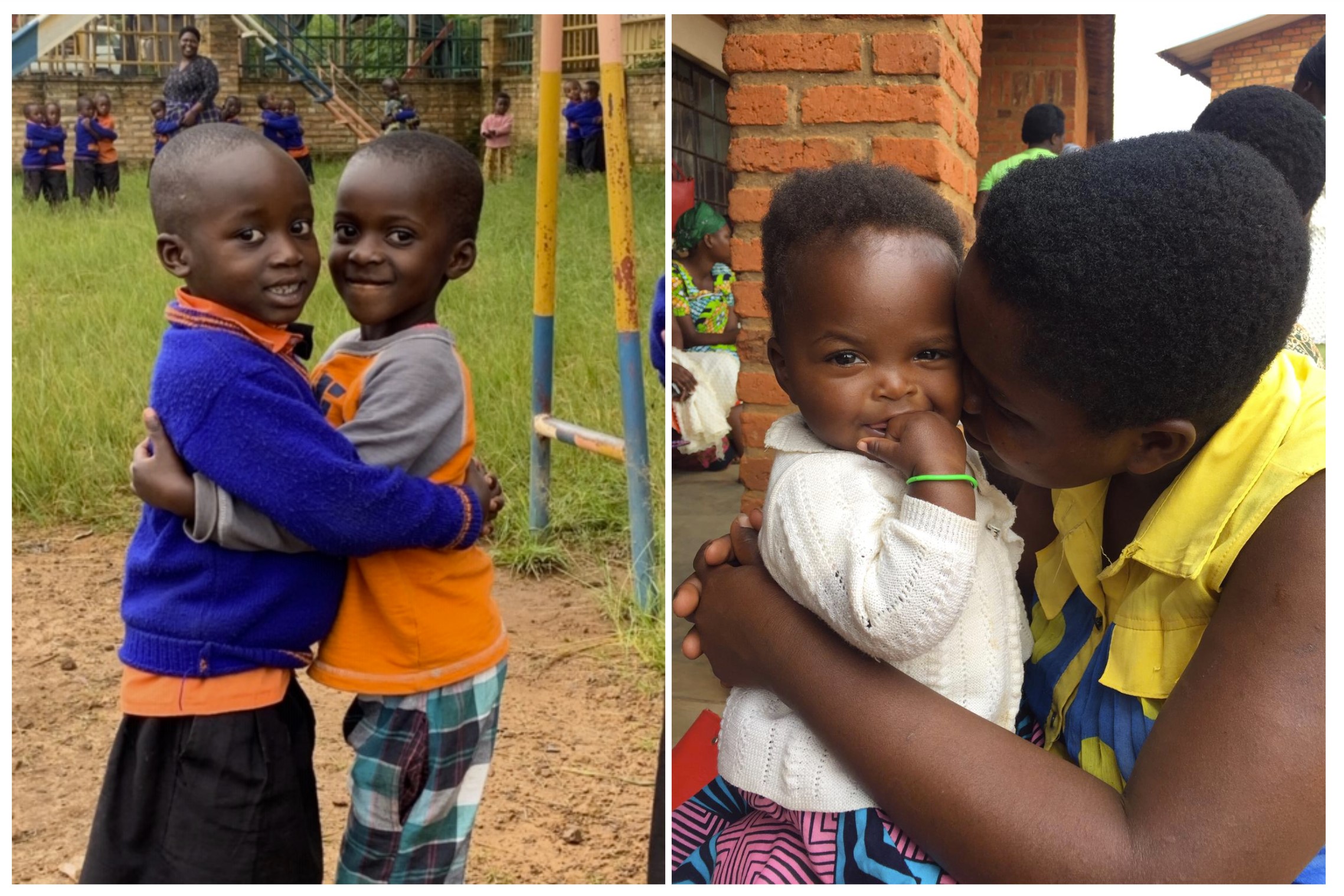Inspiring Hope to Ignite Personal and Social Change
Categorized as: Africa, Education, Leadership, Stories, U.S., Youth on February 8, 2020.

Note from SFF Founder, Suzanne: It may be you, or someone you love: one of five of us will suffer from depression, anxiety, bipolar, or schizophrenia each year and more than half will endure some type of mental disorder or illness in our lifetime.
We lost my cherished son Jonah three years ago to depression. Our family will never be the same–not only for the loss of him, but for the knowing of the brilliant, compassionate person he was. Striving in some way to honor him, we decided as a family (privately, not through our foundation) to support a new mental health program launched by The Ihangane Project, a client-centric healthcare program based in Rwanda for which Jonah had interned one summer during college. He had tremendous respect for their holistic care of marginalized people, and that experience left him wanting to explore a career in medical research in healing innovations.
Since its launch in 2018, The Hope Initiative in Honor of Jonah Hinman, which gathers grassroots survey data on depression and hope and offers diagnosis and peer counseling for patients as well as support for health practitioners, has grown in East Africa (Ruli, Rwanda) and has been replicated in the U.S. (Detroit, Michigan).
To grow this program further from California to Africa, The Ihangane Project will host its first-ever fundraiser in Santa Cruz, California on Saturday, February 22.
I hope you can join us to shine a light for all of those who experience depression, to let them know that they matter and help provide resources that could heal or even save their lives.
If you cannot join us physically, you can leave a post on Facebook, share this invitation with your network, and/or send a donation to support The Hope Initiative.
 By Wendy Leonard, MD, Executive Director of the Ihangane Project
By Wendy Leonard, MD, Executive Director of the Ihangane Project
At The Ihangane Project (soon to be TIP Global Health), we believe that hopefulness is the catalyst to ignite personal and social change. With rising occurrences of violence, racism, political division, and climate crisis, however, many of us struggle to find hope in the future. During this time of unprecedented uncertainty, can we find hope? And, once we find hope, can we harness this hopefulness to bring about personal and social change?
The Hope Initiative, established in honor of our dear friend, Jonah Hinman, in 2018, is designed to answer these questions, particularly as they relate to our health and the systems that are meant to support our health needs. The Hope Initiative can serve as a powerful antidote to this crisis of hopelessness that many are experiencing today and demonstrates the critical importance of developing systems–whether health, education, or criminal justice systems–that promote hopefulness and support thriving and inclusive communities. We are extremely grateful for the Skees family’s personal support of this meaningful work and hope that they find comfort in knowing that Jonah is himself serving as a catalyst to inspire hopefulness and ignite social change around the globe.
The Power of Hopeful Health Systems
Hopefulness has a powerful influence on health outcomes and it is critically important that health systems promote–and not diminish–hopefulness among both those receiving care and those who provide this care. We began our work in Rwanda among pregnant women and the nurses who provide their prenatal care because successfully achieving healthy motherhood and childhood often depends upon the ability of nurses to encourage early and ongoing access to preventive care and the ability of pregnant women to effectively adopt healthy behaviors despite social barriers. Strong relationships between nurses and pregnant women are necessary for building trust, adopting health recommendations, preventing burnout among providers, and fostering hopefulness among providers and patients. When systems fail to foster hopefulness these relationships suffer because nurses become burned out, quality of care diminishes, and women and their families avoid care. Creating systems that foster hopefulness is critical to achieving and maintaining sustained health improvements.
Measuring Hope
The Ihangane Project is conducting rigorous research to objectively evaluate the influence of hope among nurses and mothers on the health outcomes of vulnerable populations in Rwanda. We began by adapting the Herth Hope Index, a standard survey tool developed to measure hopefulness among cancer patients in the United States, to the Rwandan context. This is the first adaptation for any low income country. After completing the translation of the survey into Kinyarwanda, the native language of Rwanda, the draft of the survey was reviewed through a series of nine focus groups with health care recipients and six focus groups and two interviews with health care workers (total=43 participants) in the catchment area of Ruli District Hospital in Rwanda. The translated tool was further modified to address cultural norms identified by participants. To test the reliability and construct validity of this new tool, the survey was conducted among 206 mothers and healthcare workers and results were analyzed using standard statistical methods. We hope to publish a manuscript of this work in the near future- stay tuned!
With this survey tool in place, the key features of hope–interconnectedness, readiness for change, and future-oriented mindset–can now be accurately measured in the Rwandan context. This tool will be used to evaluate how hope intersects with healthcare worker burnout, maternal engagement in care, and ultimately, maternal and child health outcomes. In addition to supporting our research, this survey will become an important clinical tool because it is the first to measure the presence of a positive factor (hope) as opposed to only measuring the absence of negative factors such as depressive symptoms. This serves as a great opportunity to shift the mindset of modern medicine away from defining success as “the absence of disease” towards defining success as “the presence of health and wellbeing”.
Local and Global Relevance
The influence of hope on health outcomes is not limited to rural communities in East Africa. Since launching the Hope Initiative, we have received interest across sectors and geographies. Angele Bienvenue Ishimwe, our Hope Initiative champion, was chosen as a finalist for the Africa Innovation Challenge 2019 and was honored for her work at the World Economic Forum-Africa in Cape Town, South Africa.
In 2019, The Ihangane Project also had the honor of hosting teams from the Henry Ford Health System based in Detroit, Michigan and the Robert Wood Johnson Foundation in Ruli, Rwanda. Through a series of conversations and community sharing activities, we were able to see the commonality of our challenges despite enormous differences in context. Through generous support from the Robert Wood Johnson Foundation and guidance from The Ihangane Project, Henry Ford Health System’s Global Health Initiative will conduct parallel research on hopefulness in Detroit, Michigan. Together, we aim to highlight the critical importance of building hopeful health systems around the globe.
Join Our Movement to Inspire Hope!
Please join us on February 22, 2019 at the Kuumbwa Jazz Center to celebrate Hope and learn more about our next steps!
Photos courtesy of the Ihangane Project.
LEARN more about The Ihangane Project on their website.
SHARE this story on Facebook and Twitter; see menu at top and bottom of page.
DONATE directly to support The Ihangane Project here; please specify if you would like your donation to be used for The Hope Initiative in Honor of Jonah Hinman.
SUBSCRIBE! Like what you see? Click here to subscribe to Seeds of Hope!

